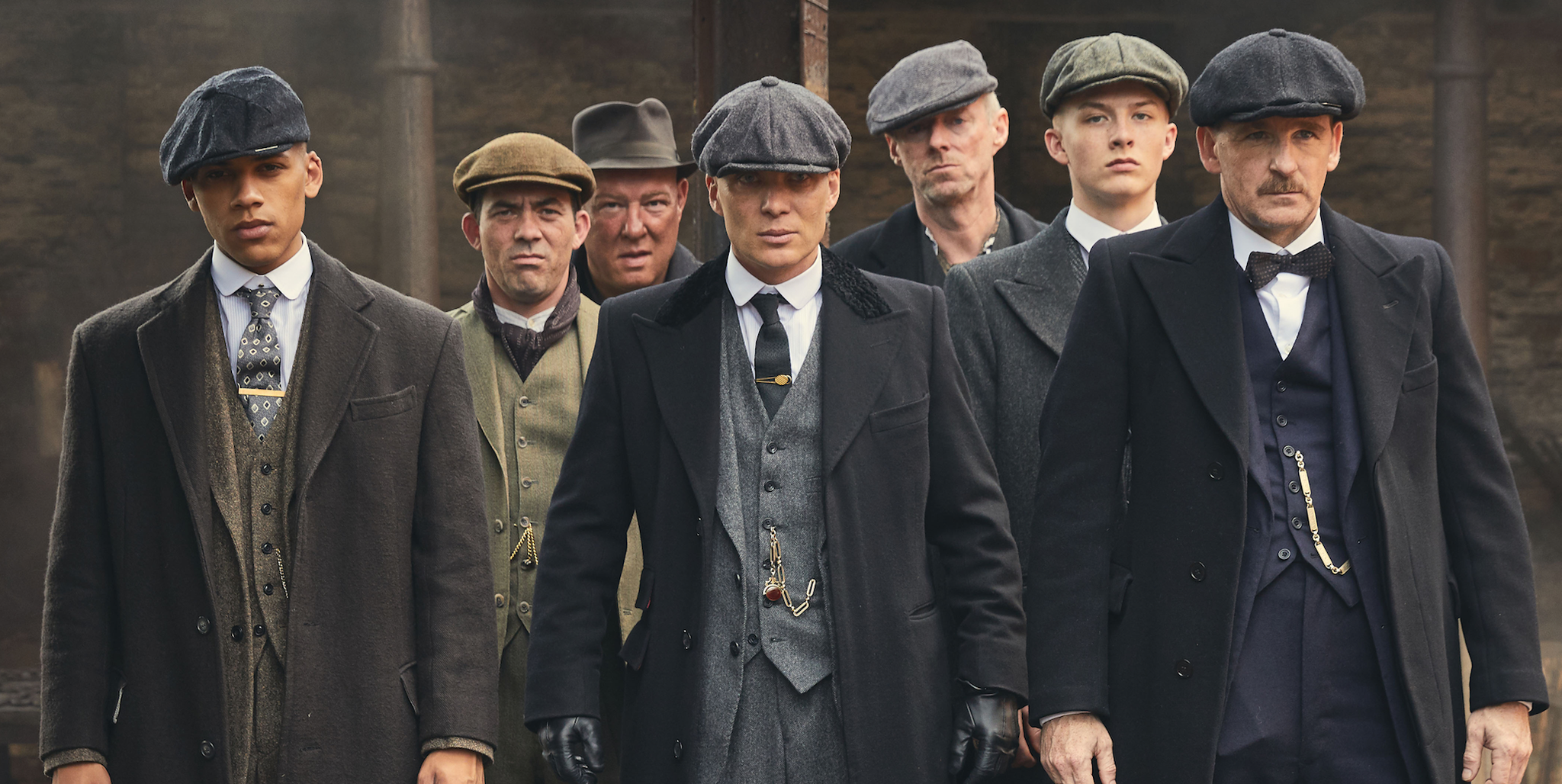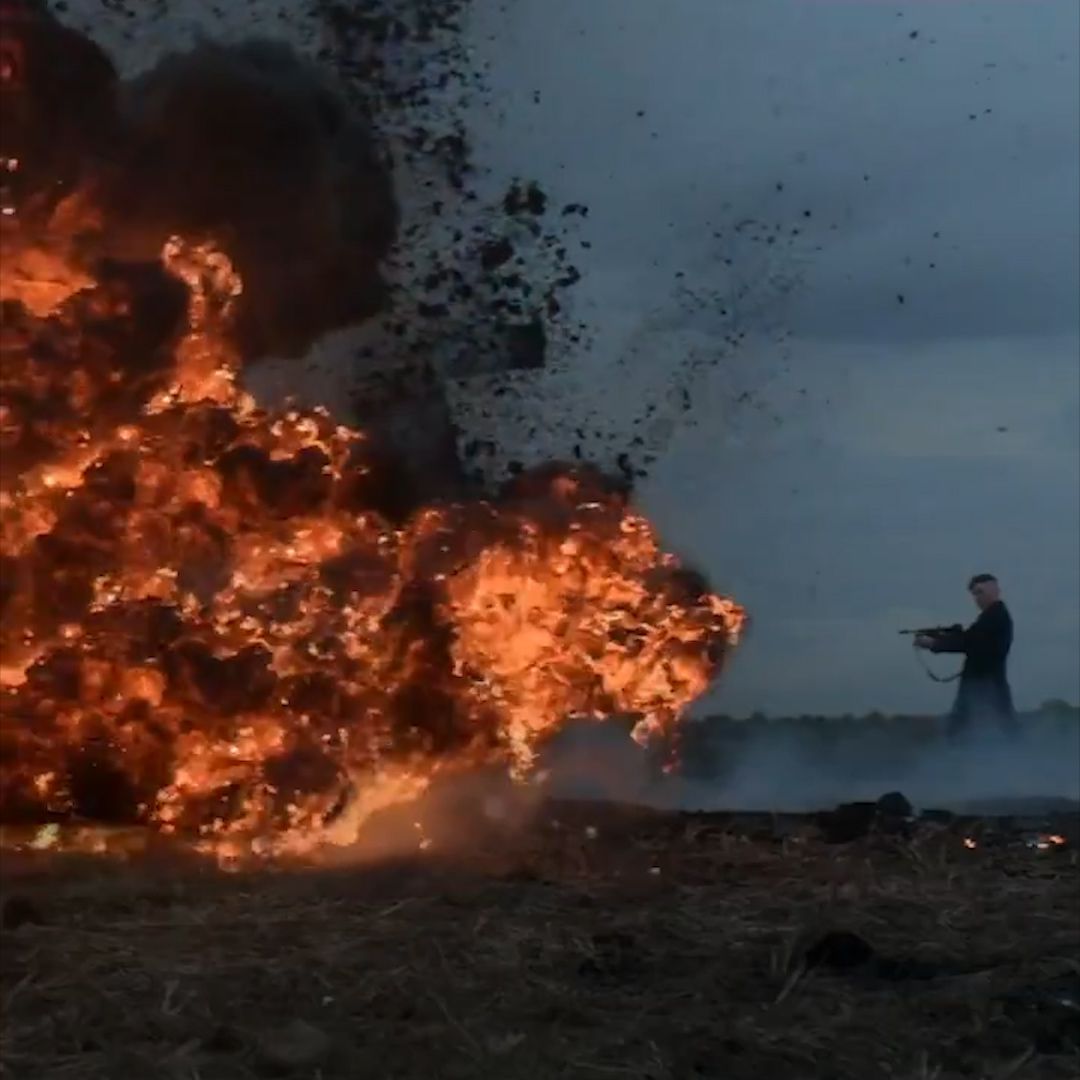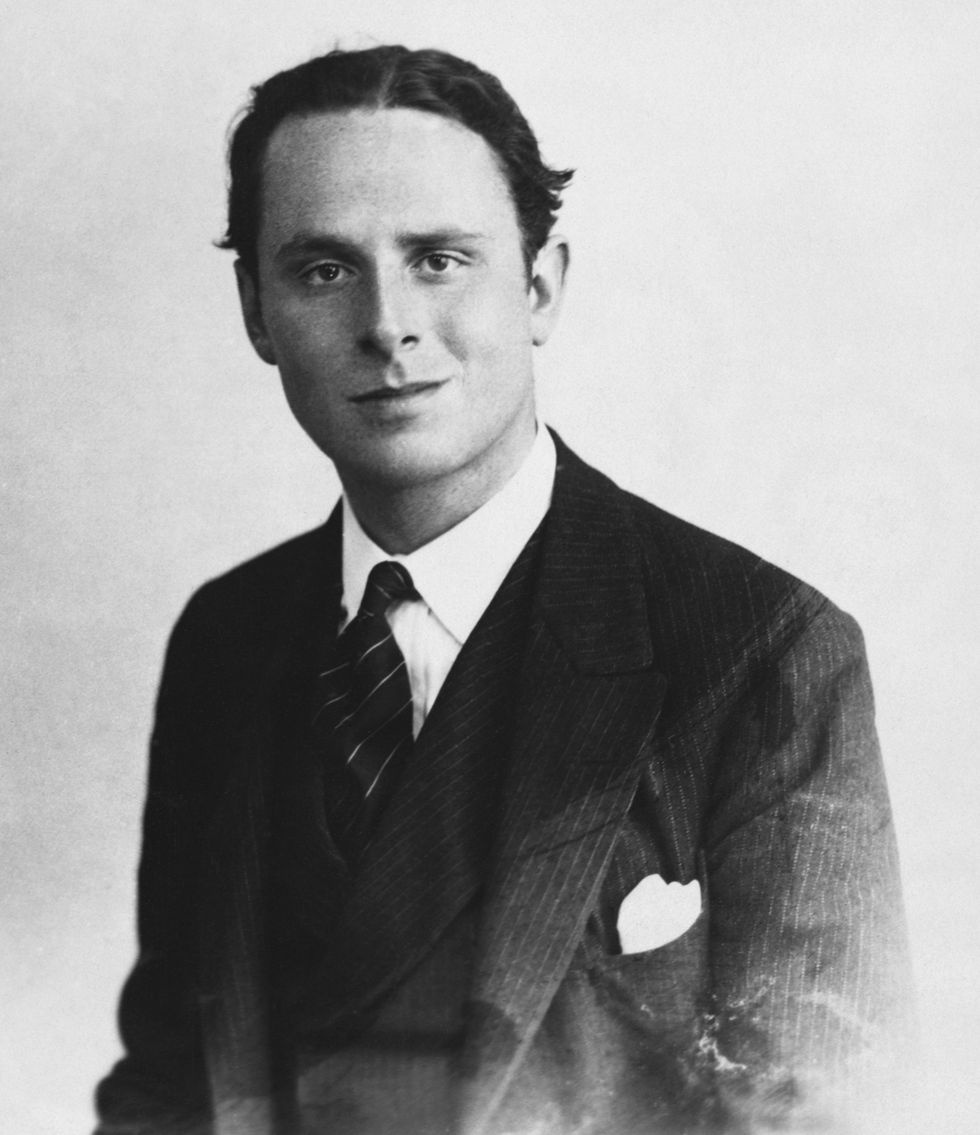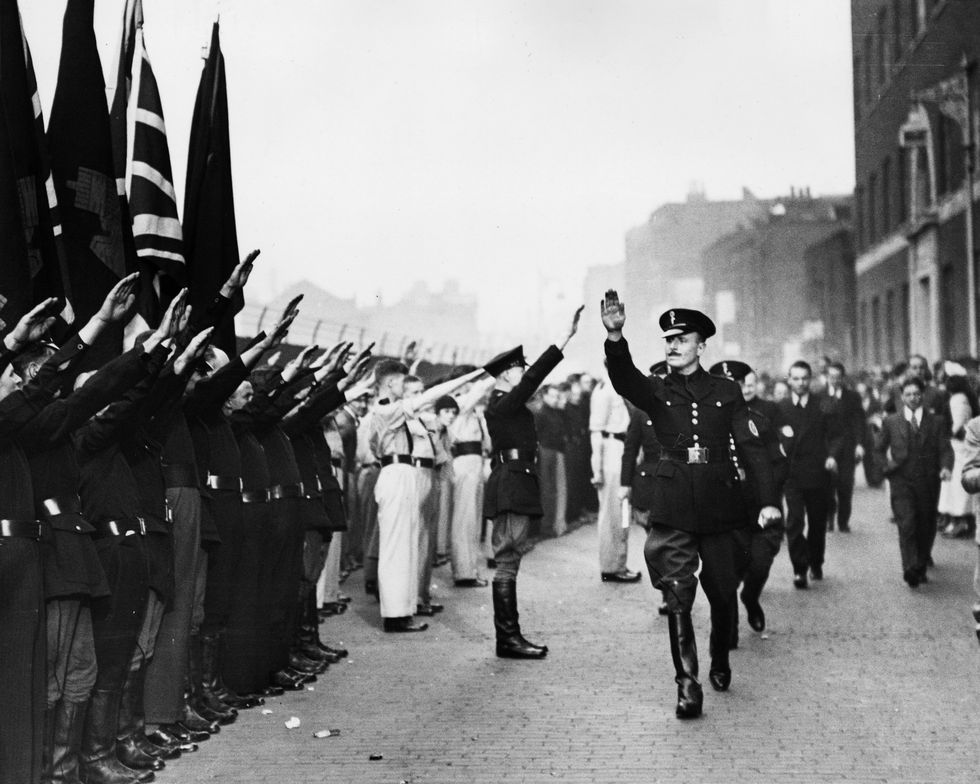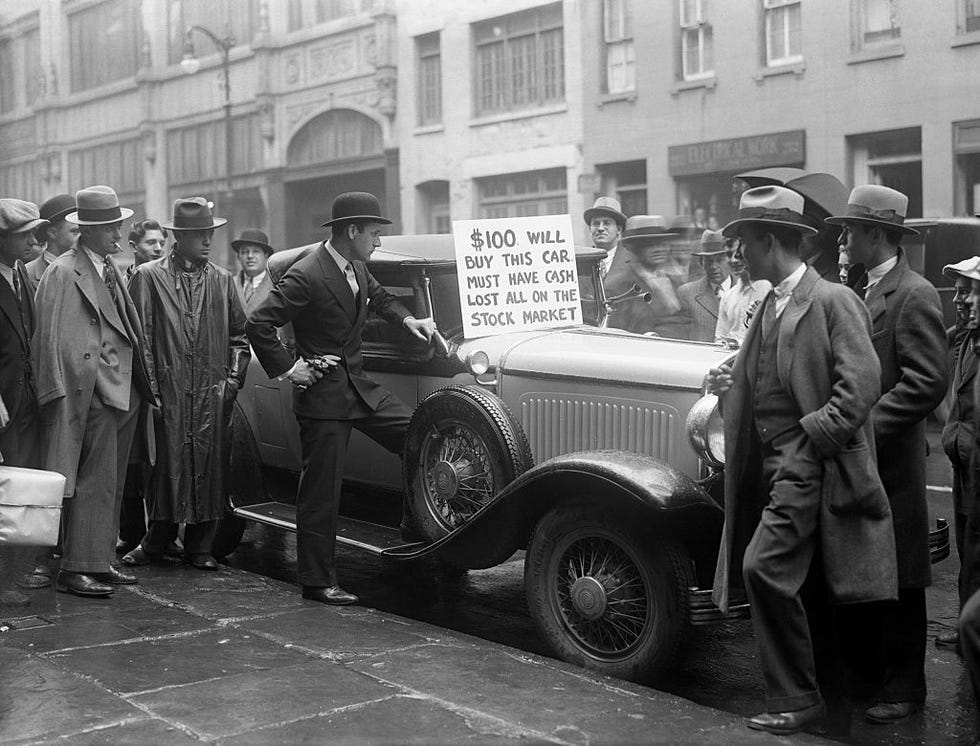Peaky Blinders has always been as much about Britain's social history after the First World War as it has been about sketchy business dealings and slicing people up with your hat, and that's going to continue in the upcoming fifth season.
Creator Steven Knight has said that the Shelby family is "woven into the political fabric of Britain and Europe as the 1920s end and the 30s begin," and the shifting tectonic plates of the era will define how Tommy Shelby MP looks after himself, the rest of his family and his business.
But what historical moments and movements are we likely to see this season? The last year of the 1920s was a big one - 1929 saw the first Tesco in the UK open in Burnt Oak, for one thing. Sam Claflin's Oswald Mosley looks set to be the new big bad, but there are a few more important events which could push Shelby and the gang along.
Oswald Mosley
Despite what Peaky Blinders suggests he wasn't quite as handsome as Claflin, as the picture below will tell you. As a young man he looked like a blancmange with eyes. His political career before 1931 was fairly all over the place: having first been elected to represent Harrow in 1921 for the Conservatives, he crossed the floor to sit as an independent before joining the Labour Party in 1924.
He was and remains an utter bastard, but was a very persuasive figure at a time when a slow recovery from the Great Depression and rising unemployment led to disillusionment with politics. Mosley was noted for being "the most polished literary speaker in the Commons, words flow from him in graceful epigrammatic phrases" by the Westminster Gazette, and he was said to be very charismatic despite looking like a possessed ham hock.
Mosley returned to Westminster in 1926 with Labour but at around the time Peaky Blinders season five is set, he fell out with the government over its unemployment policies and in 1931 founded the authoritarian New Party. With its party militia headed up by England rugby captain Peter Howard, known as the 'Biff Boys', it was a precursor to the British Union of Fascists. Mosley toured Europe in 1931 and hung out with Benito Mussolini and other prominent fascists, and founded the BUF in 1932. They too had heavies, the blackshirts, who viciously attacked left-wing protestors at a rally in 1934. That, along with Mosley's rabid anti-Semitism and the Nazis' Night of the Long Knives in Germany, turned popular opinion against them.
The fear of European fascism in Britain ramped up opposition, and in 1936 the BUF attempted a deliberately inflammatory march through the East End of London, an area with a big Jewish population. More than 20,000 anti-fascists turned up to stop them, and it turned into street fighting later known as Battle of Cable Street. The fascists definitely lost that day, though, which is nice.
The Communists
If you thought Freddie Thorne's death would mean capitalism had decisively won the battle for the Shelby family, season five might prove you wrong. The Communist Party of Great Britain was at the fore of the fight against Mosley and the BUF, so Ada's connections might come in handy for Tommy when he squares off with him in Parliament, and we know Tommy himself was sympathetic to communism during the war. Jessie Eden, who featured in Peaky Blinders during the General Strike of 1926, might return too. She led 10,000 women out of work at the Joseph Lucas car parts factory during a strike in 1931.
The CPGB grew gradually through the 1920s (though without returning any MPs) until turning against other left-wing parties as well as its usual enemies on the right and losing steam, but ballooning unemployment after the crash brought it renewed relevance.
The Great Depression
The official description of the fifth season mentions that Shelby "finds the world thrown into turmoil by the financial crash of 1929", and notes that "opportunity and misfortune are everywhere." There was a lot more misfortune than opportunity for most people when the stock market tanked in late October 1929. We don't need to go the whole Year 9 history project on the Wall Street Crash, but basically the wonky American economy meant investors lost confidence that the stock market would keep climbing and started pulling their money out of the market, the American government didn't pump cash in to keep things moving, and a recession ran away with itself to become a worldwide financial crisis that lasted into the early 1940s.
In 1932, 13 million people were unemployed in the United States, and in the UK unemployment leapt from a million to more than 2.5 million by the end of 1930. The crash boosted Mosley too. It was after his ideas for boosting the economy were rejected by Labour that he went off to start his own party. While Birmingham's unemployment level was roughly the same as the national average, thanks mostly to its car industry, up north things were a lot worse - in some towns in the north-east, 70 per cent of people were out of work.
So, it was a volatile time when leaders were torn down as quickly as they were built up and nobody quite knew whether Britain would end up in socialist revolt or slide toward fascism, a time when a man who knew what he wanted could present himself as the answer.
Step forward Thomas Shelby MP. That's where we begin season five. But when does it actually start? That's a different question altogether.
Like this article? Sign up to our newsletter to get more articles like this delivered straight to your inbox
